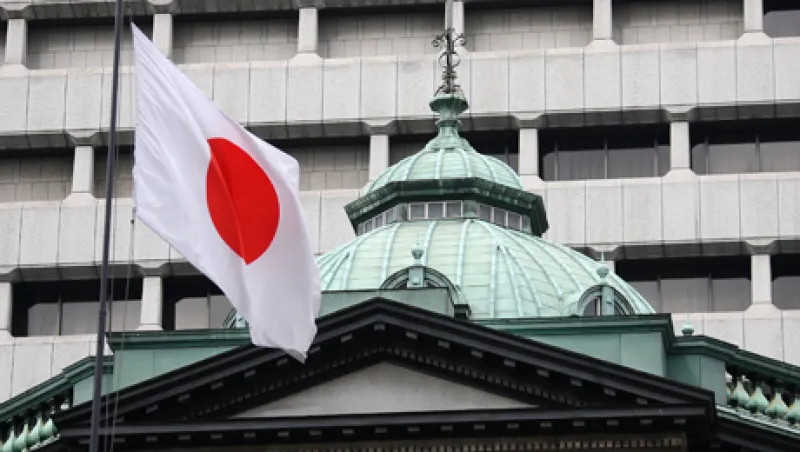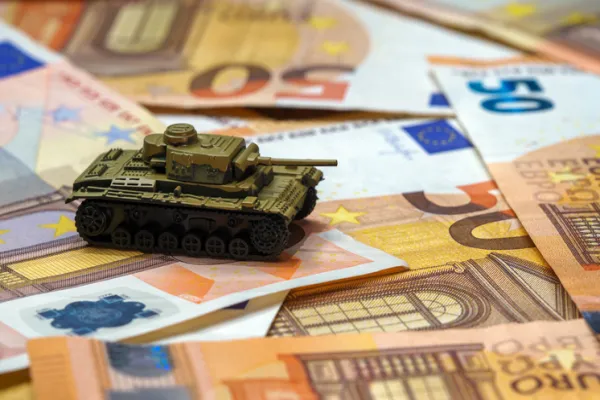The world’s third-largest economy has continued to bounce back from last year’s earthquake and tsunami, with strategically important parts of Japan Inc. reporting their best conditions since the Lehman collapse of 2008.
However, economists wonder how long this sunny picture can continue, given the fiscal, demographic and competitive pressures facing the country.
Monday’s closely watched Tankan survey from the Bank of Japan revealed that business sentiment among large nonmanufacturers rose by 3 points in the June survey to plus-8 — the best number since the credit crunch began. It was propelled higher by the strong performance of household services and communications businesses. Any positive number suggests that more companies saw an improvement in business conditions during the quarter than a deterioration.
Sentiment among large manufacturers improved for the first time since September.
These figures suggest the Japanese economy has continued growing in the past few months — though not at the stellar pace achieved in the first quarter.
The first three months of the year saw an impressive 1.2 percent increase in gross domestic product (GDP). This was based partly on a striking 3.8 percent rise in public-sector investment, as the government ramped up spending on essential infrastructure in the wake of the 2011 catastrophe. Nomura, Japan’s biggest securities house, estimates that public investment increased by a staggering 11.7 percent in the quarter just ended.
The economy has also been boosted by government subsidies to encourage the purchase of eco-cars — with auto manufacturing accounting for about half the first quarter’s 1.3 percent increase in industrial production according to Nomura. They are also likely to flatter the second-quarter GDP numbers. However, the subsidies are expected to end this month.
Responding to the Tankan’s findings, Société Générale said, “Reconstruction demand and the governments’ car subsidy program are likely to be the main contributors to the improvement in overall domestic demand and business sentiment.”
It will be hard, however, to continue the highly popular car subsidies or any other form of fiscal boost, since Japan’s gross debt to GDP ratio is expected by the International Monetary Fund to reach 236 percent this year.
Policy makers are instead travelling in the opposite direction. In a rare and rather fragile outbreak of political consensus, the ruling Democratic Party of Japan and opposition Liberal Democratic Party agreed in June to double the rate of consumption tax from 5 percent to 10 percent by 2015 — with the first rise, to 8 percent, due to take place in April.
Economists blame the last hike in the tax — an increase from 3 percent in 1997 — for killing off an incipient recovery. Most say the planned rise from next year will, perversely, increase the national debt by harming the economy. Some analysts curse Japan’s bad luck that its politicians should have found common ground on this, rather than on more useful measures such as aggressive monetary easing to reduce the yen’s value and make exporters more competitive.
However, the Tankan presents a glimmer of hope for a sustained domestic recovery: Companies’ capital spending plans suggest a 4 percent increase in the year ending March 2013. Optimists say this reflects a corporate belief in stronger demand for products and services that could become self-sustaining, since capital spending generates further capital spending by increasing aggregate demand in the economy. But pessimists fear this capex increase presents a false hope, since it merely reflects the postponement of last year’s spending in the wake of the chaos caused by the earthquake and tsunami.
If domestic demand does falter, what are the prospects for external demand?
The yen’s historical role as a safe-haven currency has been confirmed by the euro zone debt crisis — its value has appreciated with every piece of bad news from the currency union. A further strengthening in the yen will hit exporters, which dominate the Nikkei 225 stock index. Japan equity bulls are therefore awaiting a more convincing resolution of the euro zone debt issue. The yen weakened against the dollar on Friday in response to news of a breakthrough in the euro zone crisis, but strengthened again on Monday to trade at around ¥79.4 in U.S. lunchtime trading.
However, the recent sharp fall in oil prices has aided the Japanese economy, which is even more dependent on crude oil imports than usual because of the fall in nuclear power output caused by the earthquake and tsunami. Brent crude was just above $96 a barrel in U.S. lunchtime trading, after peaking above $125 in April. The price has fallen because of lower expectations for global demand, and due to the relatively orderly response by OPEC member states to the disruption caused by the international embargo on Iranian oil. Saudi Arabia has reacted by ramping up production.
The beneficial effect of lower oil prices is visible in the Tankan — with figures suggesting that input prices paid by businesses are rising at a slower pace than before.
Faced with demographic as well as fiscal drags on domestic demand — the population is projected to continue falling — Japan remains highly dependent on global conditions. Japan’s stock market bulls have been frustrated by an 11.4 percent second-quarter plunge in the Nikkei 225 because of the strong yen and weakening overseas demand. For that ground to be made up, they must hope for continuing stability in the Middle East, continuing progress towards stability in the euro zone and enough instability to derail the consumption tax hike at home.






